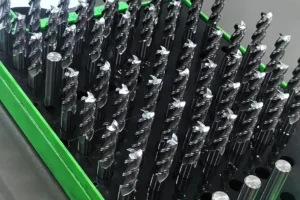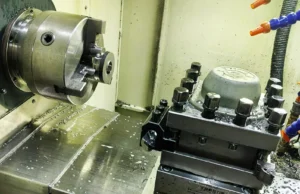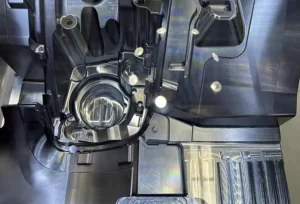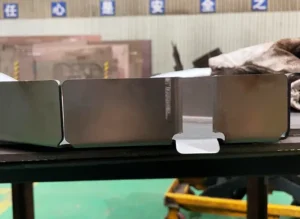
Can a small single-board computer run a CNC machine controller?
Can a Small Single-Board Computer Run a CNC Machine Controller?
When it comes to CNC (Computer Numerical Control) machines, the controller plays a crucial role in ensuring precision and accuracy in machining processes. Traditionally, dedicated controllers were used to manage the movements of CNC machines.
However, with advancements in technology, there has been a growing interest in using small single-board computers as controllers for CNC machines.
But the question remains – can a small single-board computer effectively run a CNC machine controller?
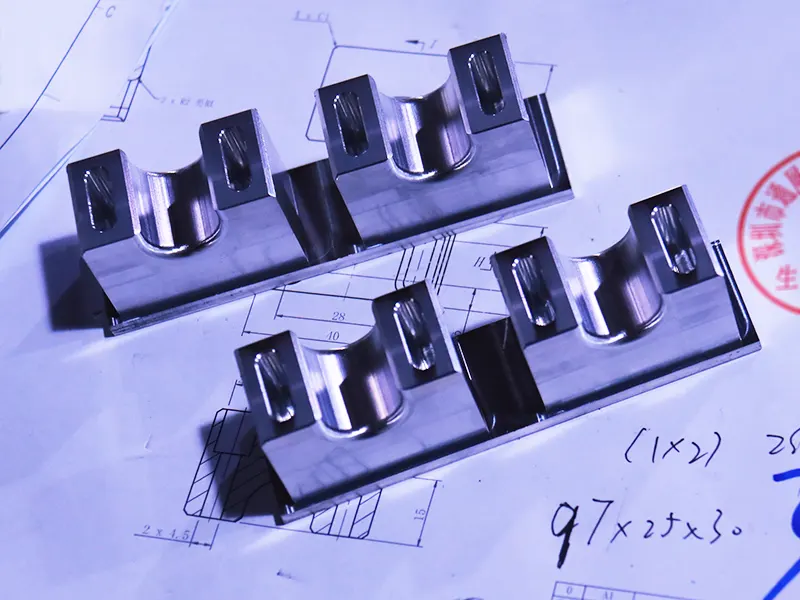
Understanding CNC Machine Controllers
CNC machine controllers are responsible for interpreting G-code instructions and translating them into precise movements of the machine tool.
These controllers are designed to handle complex computations and ensure that the machine operates with the desired accuracy and speed.
Traditional CNC controllers are often specialized devices with dedicated hardware and software optimized for controlling the specific functions of a CNC machine.
However, with the rise of open-source hardware and software, it has become possible to use small single-board computers like Raspberry Pi, Arduino, or BeagleBone as alternatives to traditional CNC controllers.
These small computers offer flexibility, affordability, and the ability to customize the control system according to specific requirements.
Challenges of Using Small Single-Board Computers
While small single-board computers present a cost-effective and versatile solution for running CNC machine controllers, there are some challenges that need to be addressed.
One of the primary concerns is the processing power and memory capacity of these devices.
CNC machines require real-time control and precise coordination of multiple axes, which can put a strain on the resources of a small single-board computer.
Another challenge is the compatibility of the software and drivers needed to interface with the CNC machine.
Traditional CNC controllers come with proprietary software optimized for their hardware.
Using a small single-board computer, however, may require adapting or developing new software to ensure seamless communication with the machine.
Benefits of Using Small Single-Board Computers
Despite the challenges, there are several benefits to using small single-board computers as CNC machine controllers. One of the key advantages is the flexibility and customization options that these devices offer.
With open-source software and a vibrant community of developers, users can tailor the control system to meet their specific needs and experiment with different configurations.
Furthermore, small single-board computers are cost-effective compared to traditional CNC controllers, making them an attractive option for hobbyists, small businesses, and DIY enthusiasts.
The affordability of these devices allows more people to access CNC technology and explore its potential for various applications.
Case Studies
Several case studies have demonstrated the feasibility of using small single-board computers as CNC machine controllers.
For example, the Raspberry Pi has been successfully integrated into CNC machines to control the movement of the axes and manage the machining process.
By leveraging the GPIO pins and open-source software like LinuxCNC, users have been able to achieve accurate and reliable control of their machines.
Similarly, Arduino-based CNC controllers have gained popularity for their simplicity and versatility.
With the help of custom firmware and stepper motor drivers, users have built DIY CNC machines that rival commercial systems in terms of performance and precision.
The modular nature of Arduino allows users to add additional functionalities and expand the capabilities of their CNC setups.
Conclusion
In conclusion, while there are challenges to overcome, small single-board computers have the potential to run CNC machine controllers effectively.
With the right software, hardware, and expertise, users can harness the power of these devices to create custom CNC systems that meet their specific requirements.
Whether it’s for prototyping, hobby projects, or small-scale manufacturing, small single-board computers offer a cost-effective and flexible solution for controlling CNC machines.

